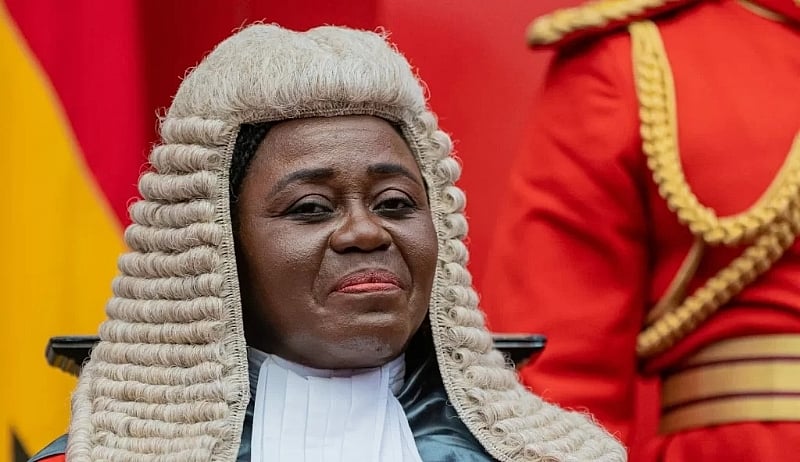The Africa Judicial Independence Fund (AJIF) has called for calm, constitutional adherence, and institutional reform in response to ongoing public debate surrounding the possible removal of Ghana’s Chief Justice Gertrude Araba Esaaba Sackey Torkornoo.
In a statement issued on April 30, 2025, AJIF emphasized the importance of safeguarding the independence of the judiciary and cautioned against any attempts to politicize the process.
The statement, signed by the Advisory Board Chair, Prof. Willy Mutunga, and Fund Manager Saeed Salahudeen, reminded Ghanaians that the removal of a Chief Justice is governed by Article 146 of the 1992 Constitution.
It added that this provision outlines a rigorous process that begins with a petition to the president. If the president, in consultation with the Council of State, determines there is a prima facie case, an ad hoc committee is established to investigate the matter and make a recommendation. Throughout this process, the Chief Justice has the right to be heard, either personally or through legal representation.
AJIF acknowledged that, based on currently available information, the constitutional process appears to be followed. However, it expressed concern over the fragility of the legal framework surrounding judicial appointments and removals. The Fund argued that the current structure is vulnerable to political interference and called for urgent reforms to strengthen the integrity of the judiciary.
These concerns have been echoed by civil society organizations, legal experts, and political commentators. During a public lecture organised by Solidare Ghana in partnership with the University of Ghana on October 24, 2023, at the Kofi Drah Conference Centre, participants raised alarms about executive overreach and what they perceived as the increasing politicisation of the judiciary. Media reports have also pointed to alleged partisan appointments, further eroding public trust.
AJIF cautioned that whether or not the Chief Justice is removed, the deeper structural challenges affecting judicial independence will persist unless systemic reforms are undertaken.
The organization called for transparent and merit-based judicial appointments and emphasized the need to enhance the independence and credibility of the Judicial Council. It also stressed the importance of providing the judiciary with adequate resources and ensuring its administrative autonomy. Moreover, it advocated for open and constructive public discourse on judicial accountability, provided it does not undermine the rule of law.
The Fund stated that genuine reform must be guided by constitutional principles and national interest, with a focus on strengthening Ghana’s democratic institutions in the long term.
AJIF concluded by urging all stakeholders to commit to a lawful, inclusive, and well-considered reform process that protects the judiciary from undue influence and ensures a fair and impartial system of justice.


